– Lutheran Service Book 594.
The Nativity of St. John the Baptist is celebrated sixth months before the Nativity of Our Lord, reflecting the age difference between the Messiah and His forerunner. Readings for the day in Leipzig included St. Luke 1:57–80, the account of the circumcision of John the Baptist and Zechariah’s joyful response, the Benedictus. This reading is traditionally paired with Isaiah 40:1–5, Isaiah’s proclamation of comfort for God’s people and the prophecy that John the Baptist will prepare His way and “make straight in the desert a highway for our God” (vs. 3). John’s proclivity to draw attention away from himself and point to Jesus seems fitting as we consider the cantata text below. John is only mentioned in the opening stanza, so the hymn says very little about John—just as John, who most certainly would have denounced modern social media in the most unmerciful terms, would have wanted it!
Leaving the subject of John’s circumcision and ministry to the Scripture lessons and the sermon in Leipzig, open your hymnal to Luther’s hymn and compare it with the cantata text below. You might recognize the first and seventh stanzas from Luther’s hymn on baptism, originally headed “A spiritual song of our Holy Baptism, which is a fine summary of what it is, who established it, and what its benefits are“ (Lutheran Service Book: Companion to the Hymns, 1:209). The intervening movements are poetic paraphrases of the corresponding stanzas of Luther’s hymn. Following the structure and content of Luther’s hymn, the cantata text focuses on the baptism of Jesus (stz. 1–4) and on Christian baptism for all nations (stz. 5–7). The words “Go out to ev’ry nation, And bring to them the living word” (LSB 406.5) might explain why Luther, having used Walter’s tune for the missionary hymn, “May God Bestow on Us His Grace” (LSB 823), also thought it was fitting for the missional focus of his hymn, “To Jordan Came” (see Robin Leaver, Luther’s Liturgical Music, p. 138).
Bach’s music for this cantata follows the structure of Luther’s hymn, with direct quotes in the first and last movements and poetry for the intervening movements based on Luther’s text. Bach also follows a typical structure from his early years in Leipzig: an elaborate opening chorus or choral fantasia, several solo movements (recitatives and arias), and a final chorale setting for all voices and instruments, possibly including the congregation. The melody of the first and last movements is rugged, irregular, and rhythmic in its original form by Luther’s friend and colleague, Johann Walther. (In Bach’s more elaborate setting for voices and instruments the melody loses some of its rhythmic vitality, but it is fitting for baptism all the same.) The jarring rhythms, syncopations, and unexpected voice leading seem to depict the unpredictable waters of the river Jordan. Nicholas Anderson writes, “A pervasive image of the undulating waters of the Jordan, it would seem, is affectingly evoked by the predominantly flowing quavers [eighth notes] of the oboes d’amore set against the restless, lapping semiquavers [sixteenth notes] of the ripieno strings” (Oxford Composer Companions: J. S. Bach, p. 106).
To get the full effect of the original “water music,” I need to send you to an external link for the J. S. Bach Foundation, whose videos do not play on third-party websites. I recommend using half of your screen for the text below and half for the video. (If you are not sure how to ‘split’ your screen, just ask the nearest ten-year-old to do the honors between lunch and recess.) So grab a cup of coffee for “Cantatas Over Coffee” and join Luther, Walter, Bach, and the J. S. Bach Foundation for a musical journey to the waters of the Jordan and to the waters of your own baptism into Christ.
To Jordan came the Christ, our Lord,
To do His Father’s pleasure;
Baptized by John, the Father’s Word
Was given us to treasure.
This heav’nly washing now shall be
A cleansing from transgressions
And by His blood and agony
Release from death’s oppression.
A new life now awaits us. – LSB 406.1
2. Aria (Bass) 6:55
Mark and hear, you children of men,
What God baptism calls.
True, there must be water here,
But not simple water only.
God's word and Holy Ghost
Baptizes and cleanses sinners.
3. Recitative (Tenor) 11:43
This hath God shown
In words and in examples clear to all;
At the Jordan the Father plainly let
His voice resound while Christ was being baptized;
He said: This is my beloved Son,
In whom I have now found great pleasure;
He comes from heaven's lofty throne
To help the world
In meek and humble form descended
And has the flesh and blood
Of mankind's children to him taken;
Receive him now as your Redeemer true
And hear his precious teaching!
4. Aria (Tenor) 12:56
The Father's voice itself resounded,
The Son, who bought us with his blood,
Was baptized as a man.
The Spirit came, a dove appearing,
So that our faith would never doubt that
It was the Holy Trinity
Who established baptism for us.
5. Recitative (Bass) 16:51
When Jesus there after his suffering
And after the resurrection,
And from this world would go to his Father,
He said to his disciples:
Go forth to all the world and preach to all the gentiles,
He who believes and is baptized on earth now
Shall then be righteous and blessed.
6. Aria (Alto) 18:04
O mankind, trust now in this grace,
That ye not in error die,
Nor in hell's foul pit decay!
Human works and holiness
Never count before God's throne.
Sins are ours innately given,
We are lost by our own nature;
Faith and baptism make them clean
That they not perdition bring.
7. Chorale (Full Choir and Orchestra) 20:28
All that the mortal eye beholds
Is water as we pour it.
Before the eye of faith unfolds
The pow’r of Jesus’ merit.
For here it sees the crimson flood
To all our ills bring healing;
The wonders of His precious blood
The love of God revealing,
Assuring His own pardon. – LSB 406.7
It is just a coincidence that on June 24th of this year, as the church celebrates the Feast of the Nativity of St. John the Baptist, hundreds of Lutheran youths will arrive at a “Higher Things” youth gathering to explore the theme, “Who am I?” From ancient philosophers to modern self-help books and beyond, this question has been a fundamental question of human existence. It has also been answered in fundamentally wrong ways, by a myriad of false teachers, both ancient and modern. John the Baptist points us to Christ, who came to do the Father’s will. Jesus’ command to baptize all nations, in turn, directs us to our own baptismal identity. The following hymn stanza by Bach’s contemporary, Erdmann Neumeister, answers the question in baptismal terms:
| | God’s own child, I gladly say it: I am baptized into Christ! He, because I could not pay it, Gave my full redemption price. Do I need earth’s treasures many? I have one worth more than any That brought me salvation free Lasting to eternity! – LSB 594.1 |


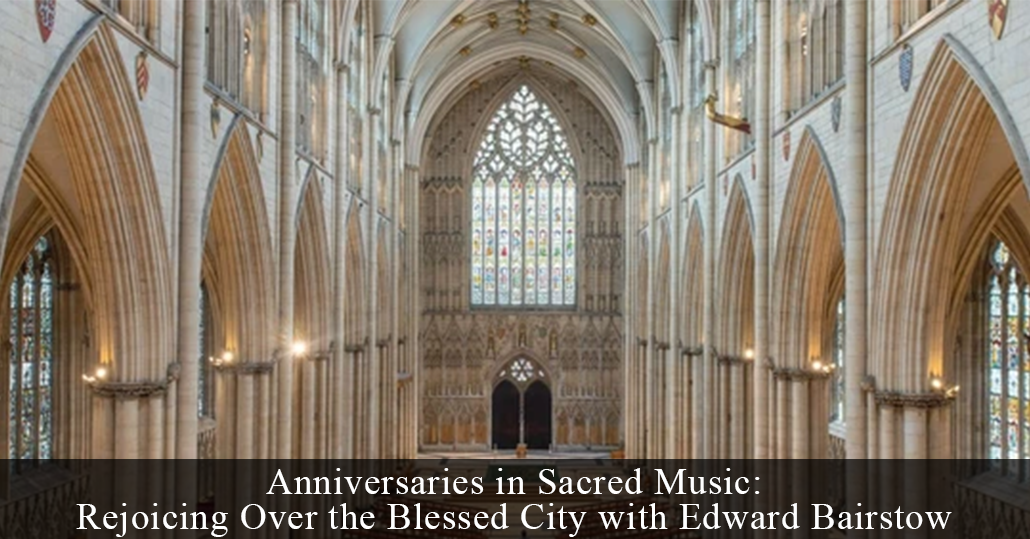
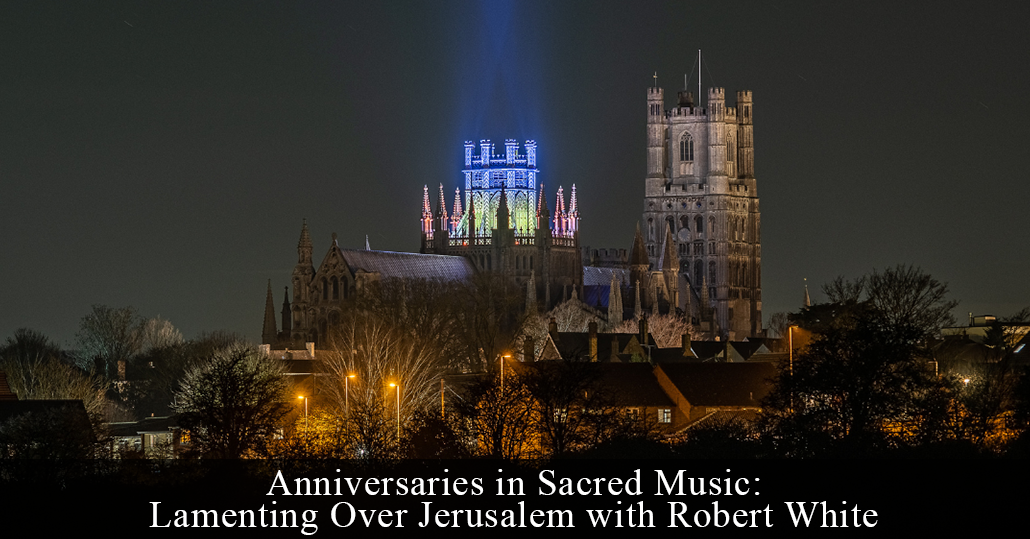
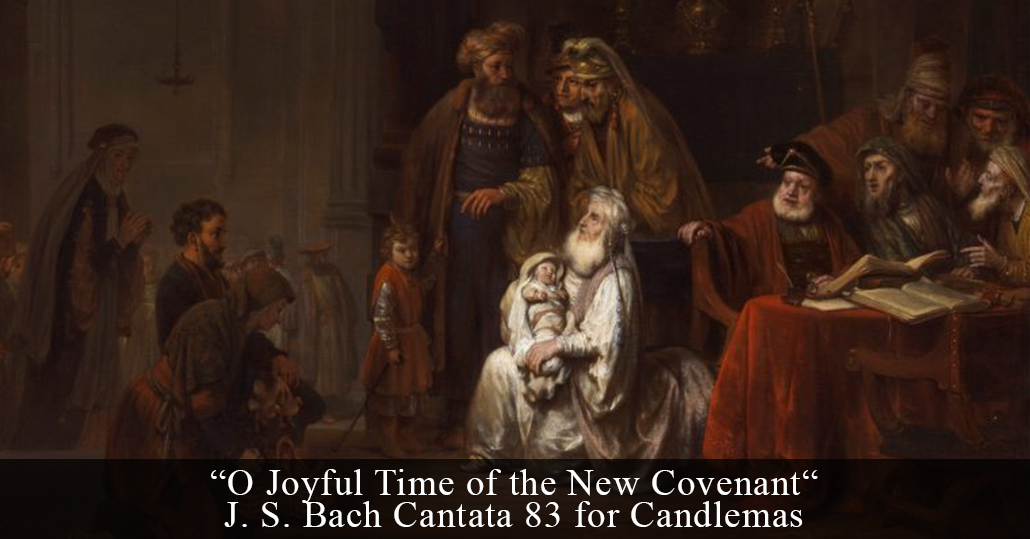
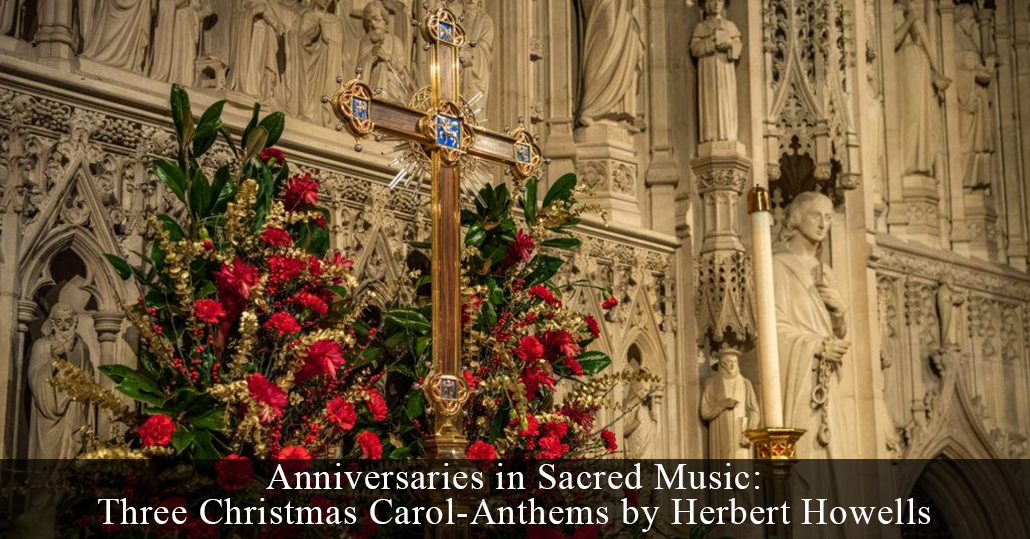
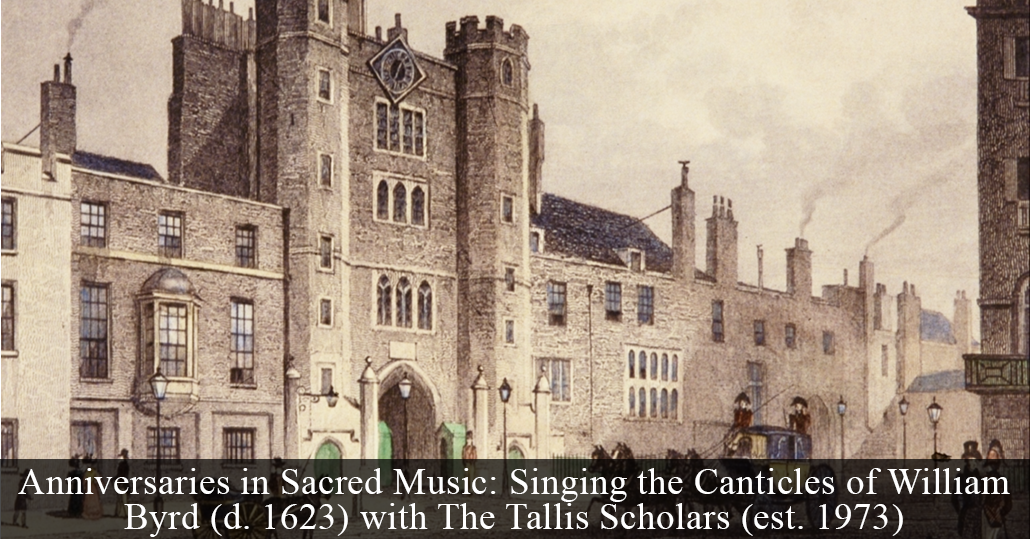
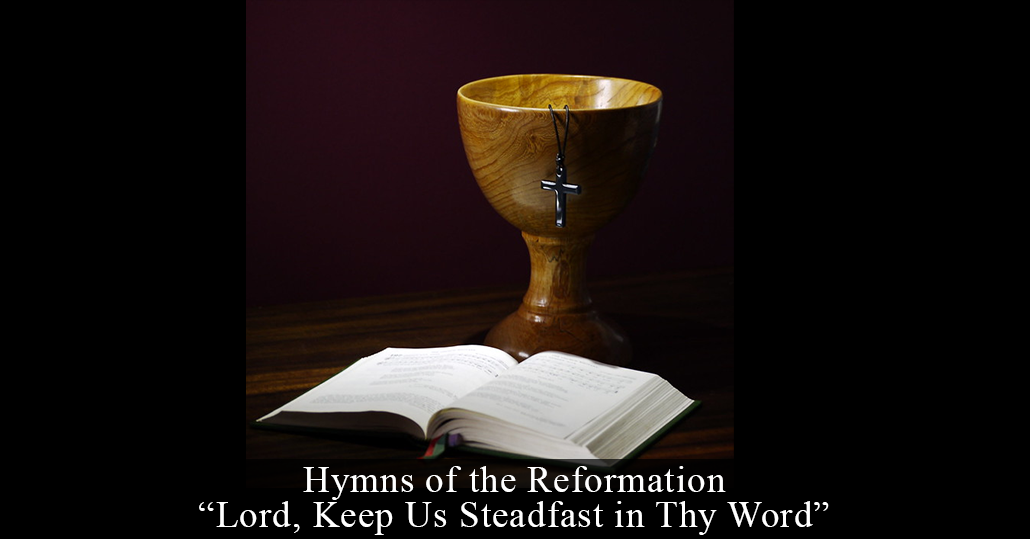
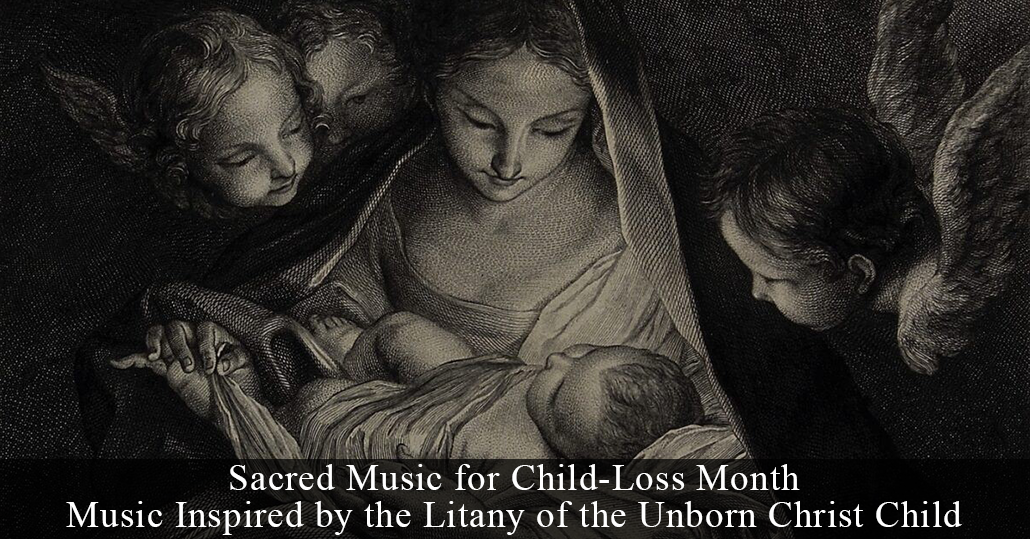
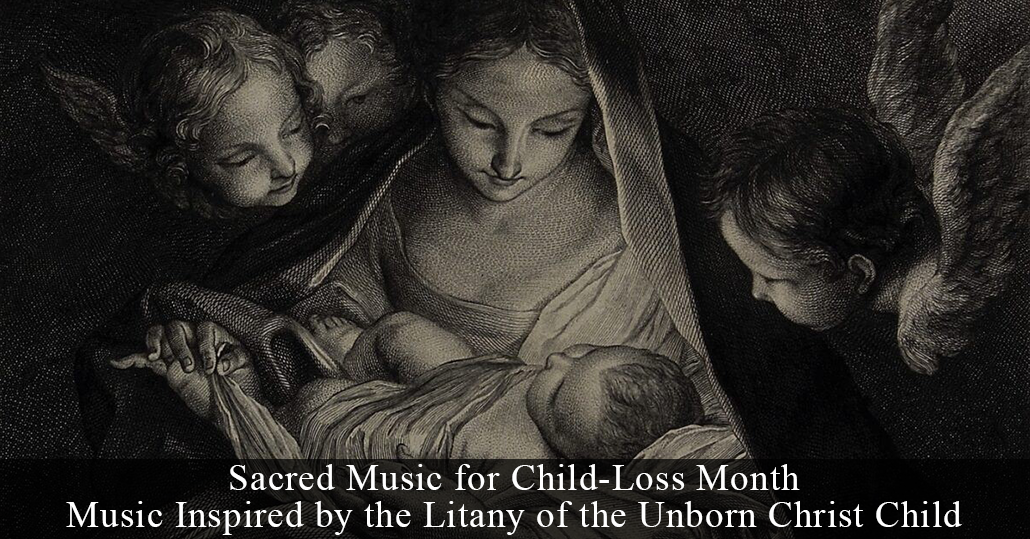
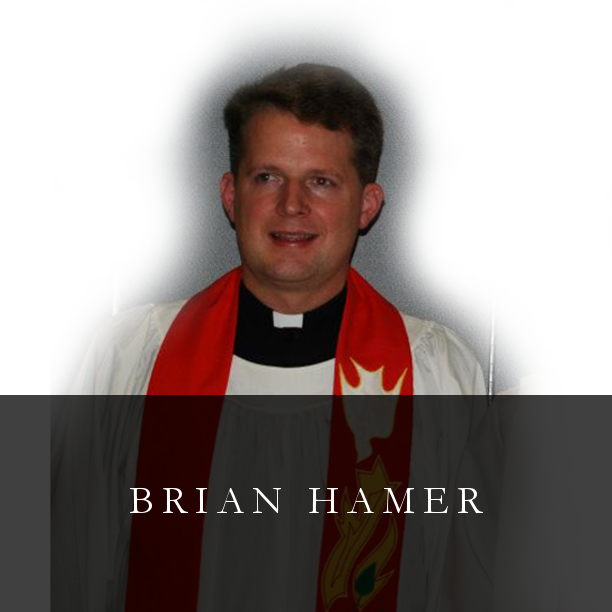
 RSS Feed
RSS Feed
